Courtesy of Michael Causey | ACRP Blog
“Long-standing systemic health and social inequities have put some members of racial and ethnic minority groups at increased risk of getting COVID-19 or experiencing severe illness, regardless of age,”
the Centers for Disease Control and Prevention (CDC) notes in a June report. Among its findings: Hispanic or Latino persons have an infection rate approximately four times that of non-Hispanic white persons.
For Anthony Keyes, MBA, and team at Johns Hopkins University (JHU), that’s a “disparity we must do something about.” Keyes is a program manager for clinical research projects at the JHU School of Medicine’s Institute for Clinical and Translational Research.
Keyes and JHU are taking concrete action—working with groups including Centro Sol, a Baltimore-based group of physicians formed in 2013 to increase the number of medically knowledgeable, Spanish-speaking people available in the community, to act as witnesses and consenters to promote minority participation in COVID-19-related clinical trials. Their COVID-19 remote consenting program was launched in March to address the rapid increase in the need for participants to be consented for trials. Using Microsoft Teams, the JHU group developed a mechanism for connecting study teams with consenters and witnesses.
JHU will also pay for someone with a second language proficiency to take a training and certification exam to demonstrate knowledge of “the substance” of the clinical trial, and not just the foreign language in question, in order to qualify to assist in the trial. “We’re hoping this helps to rapidly expand and vastly improve” outreach to not only Spanish-speaking communities, but also to those who speak Farsi, Portuguese, and Mandarin, among others, Keyes says.
To qualify as a consenter, JHU requires several key criteria, including that the person:
- is an active JHU employee;
- has completed all required institutional review board training;
- must be a member of the study team;
- must be familiar with the protocol, inclusion/exclusion criteria, and procedures; and
- must also be familiar with the informed consent form, including potential benefits and risks to participating in a given trial.
The criteria for third-party witnesses varies in many ways, including stipulating the person must:
- be JHU personnel, but not affiliated with the study team;
- be present for the entire consent conversation (“They aren’t a notary,” Keyes says);
- introduce themselves and their role in the consenting process;
- verify the participant physically signed the consent document; and
- ensure the witness attestation page was hand signed by the witness, returned to the study team, and kept on file with study records.
Keyes was bowled over by the wave of enthusiastic volunteers the project set in motion. The real challenge, he says, was finding the best ways to harness that enthusiasm and quickly connect consenters and third-party witnesses with those who needed them.
One lesson learned: Keyes and team didn’t think to ask initially if volunteers spoke other languages or had special skills such as a computer software program, he notes. Luckily, many provided that information when they filled out their applications. “We used a tagging system to identify when someone spoke Spanish or another language, or showed a special skill,” he says.
Association of Clinical Research Professionals
https://acrpnet.org/2020/07/21/johns-hopkins-works-to-expand-covid-19-trials-in-hispanic-community/


